Five years ago, after the Taliban years, two Turkmen girls in Afghanistan were finally able to attend school.
Five years ago Al Jazeera travelled to Afghanistan to see one of the most dramatic social changes in Afghanistan in the previous decade – the vastly improved access to education, especially for girls.
After 2001, when the Taliban were toppled from power by US-backed Afghan forces, three million girls returned to school. Women had previously been banned from work and education under Taliban rule.
But the team found that periodic attacks against female students, their teachers and their school buildings, were continuing. And fears were growing that gains in girls’ education could soon be traded away as Western forces prepared to leave and the Afghan government sought peace talks with the Taliban.
Pencils and Bullets focuses on two young girls from the minority Turkmen community in northern Afghanistan. Hayt Gul wants an education rather than sitting at home carpet-weaving with her mother. Nooriya wants to become a doctor. Both are eager students who seek to shine in their class.
Through these two young girls, the film explores their situation back in 2013, the future prospects for girls’ education in Afghanistan, and the efforts of a minority to educate its children.
Five years on, the director of that film, Melek Demir, returns to Afghanistan for REWIND to find out what has become of Hayt and Nooriya – and education for girls in Afghanistan 2018.
Melek Demir: Can you tell us what grade you’re in and how the school year has been for you?
Nooriya: Ninth grade started very well. My lessons are very good and I am very happy with my teachers. Our teachers are striving to help us.
However, I wish I could study in town rather than the village. But we have some difficulties so I do not have that kind of opportunity.
Melek Demir: How do your parents view your education?
Nooriya: Every family has the same problem: it is not appropriate for girls to go to school. It does not look good.
My father and mother let me study because I am still young. Our neighbours and relatives do not approve. My father never told me not to study. He actually encourages my education.
Melek Demir: How would you feel if your father said you couldn’t study anymore?
Nooriya: I cannot say anything to my father, he is our elder. If he tells me to study more I will, but if he opposes it, then I have to give up. I have to do what he says.
If my father says I’ve grown up and need to quit school and get married, then I have to accept this. To prevent gossip and rumours. I will have to quit and stay home.
But I told my father I want to study and I want to be a doctor. I want to be a surgeon. I am even talking about future professions with my relatives. I am telling them I will be a doctor.
I love studying and being away from school would make me very sad. Giving up my studies will make me sad.
Melek Demir: If you marry and your husband allows you to go to school, how do you think your family and relatives will react?
Nooriya: In that scenario, my father cannot say anything to me. If my husband’s family allow me to study, then my father will support me as well. He has never told me not to study.
I cannot even think about marriage at this age. I think it is wise to just think about studying. It is not for me to marry at my age.
I personally want to finish my school. When someone pursues their education, they are then never afraid to study anywhere. If I can go abroad, I can test my courage to continue my education there.
I believe can do it because I have this courage. I believe I can do it.
Melek Demir: What is your journey to school like?
Nooriya: Until exams start, we go to school in small carts bound to motorcycles. Four of us travel together at any given time. We are afraid on the way to school because it can be a long way to walk.
I once had to walk to school by myself. On my way back home, a man with a motorcycle began circling me. I walked home as quick as I could, all the while he was trailing. If I had not seen a brother of a friend, that strange man could have done anything he wanted.
I’m scared of the guy on motorcycles. I know there are good men and bad men; there are all kinds of people in the world. Only God knows their hearts, but because we do not know their intentions, we get scared.
Melek Demir: Will you send your daughters to school in the future?
Nooriya: Yes, when I grow up and have a child I will certainly let my children to study. Nothing is more important than education. I want my children to be educated and do as much as possible.
Melek Demir: How do you feel about coming to school?
Hayt: I am ashamed of being the only girl sitting among the boys. I have a hard time on the way to school. I do not feel comfortable.
Melek Demir: Why don’t other girls come to school?
Hayt: They don’t come because there is no female teacher. Also, they have to sit with the boys. Their fathers don’t allow them to come to school.
Actually, because the level of education is so bad and even the male teachers can’t teach us anything, the boys hardly come, too.
At one point, two girls were coming to school, but the male teacher didn’t look after us.
Melek Demir: How do your parents view your education?
Hayt: My family tells me to study and realise my dreams. I have a passion for my education. I want to go into the city and study there. Only younger girls go to school here; I am older and soon, I will not be able to come anymore.
I am ashamed to be there because I’m older than them, but we cannot afford travel cost for schools in town.
All girls should study, so the numbers of female students can increase. There is not a single female student that is my age.
Melek Demir: Will you continue attending school next year?
Hayt: I want to; I want to continue my education and become a doctor. I want to help my relatives. Doctors heal and bring happiness. That is why I want to be a doctor. I want everybody to be happy.
I don’t know if I will actually be able to attend school next year, though. God knows everything.
Editor’s note: Nooriya and Hayt’s interview updates with Melek Demir have been edited for clarity and brevity.
Source:
http://www.aljazeera.com/programmes/rewind/2018/01/pencils-bullets-girls-education-afghanistan-180125052513143.html
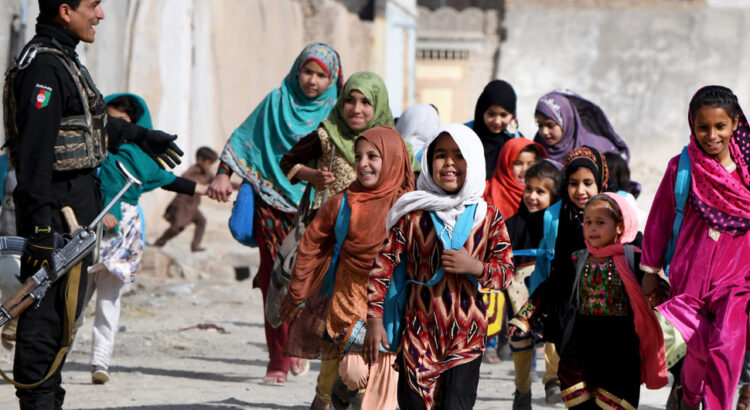
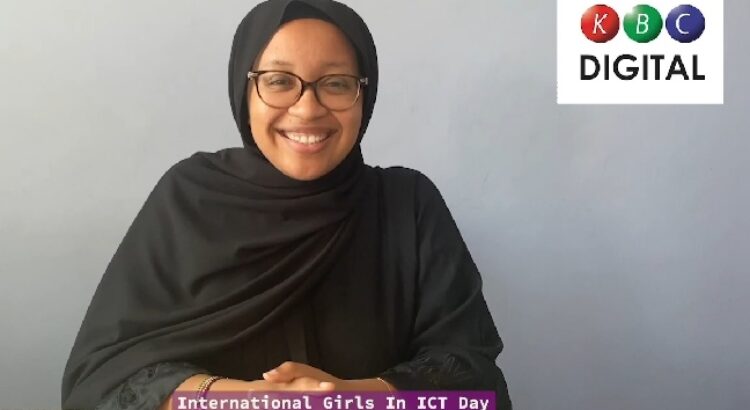
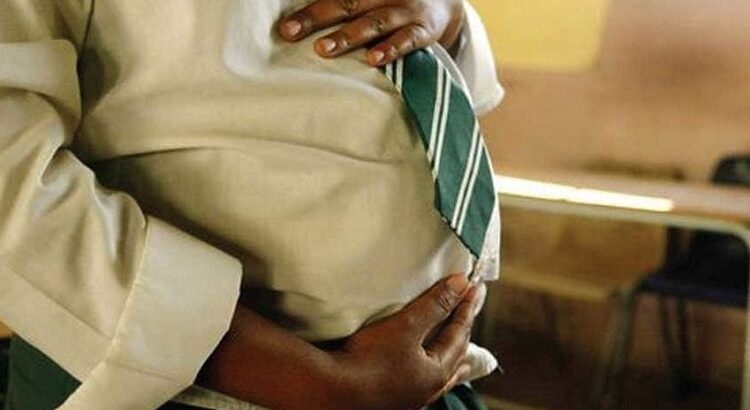
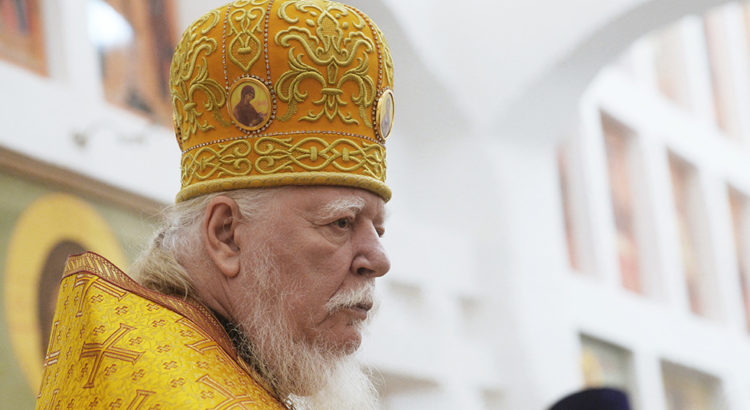
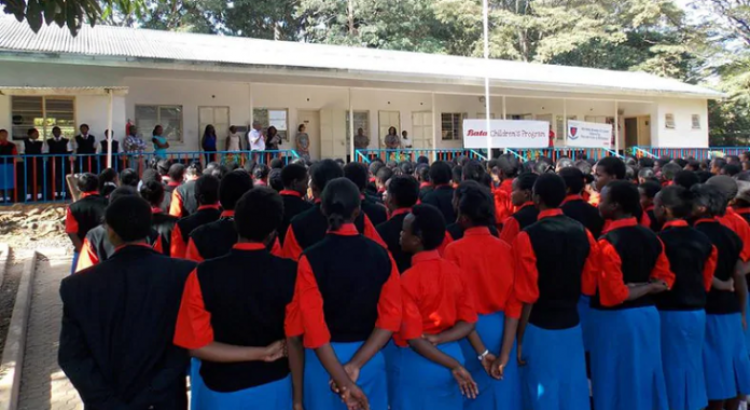
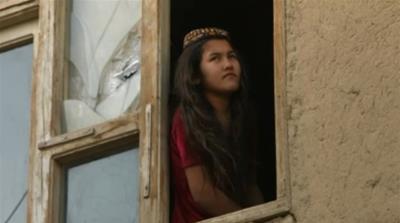
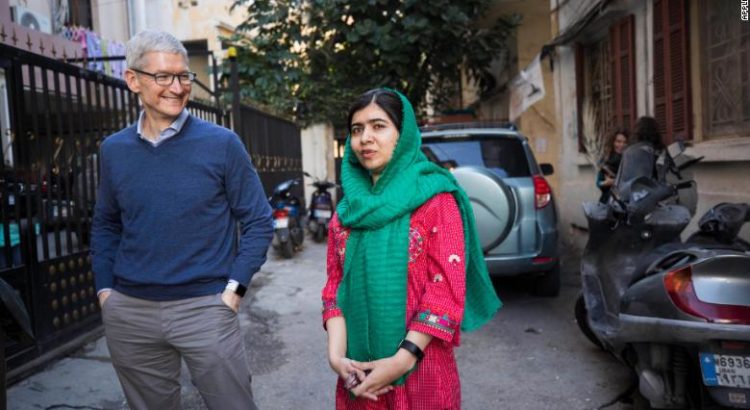







 Users Today : 185
Users Today : 185 Total Users : 35459780
Total Users : 35459780 Views Today : 345
Views Today : 345 Total views : 3418317
Total views : 3418317